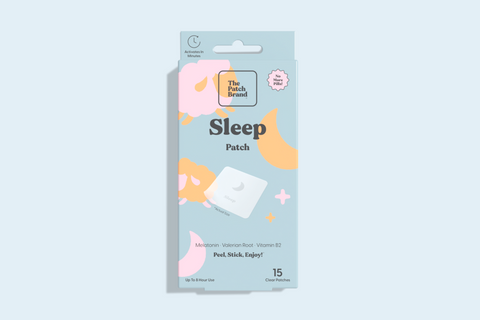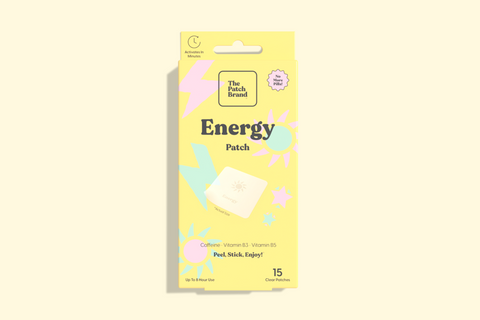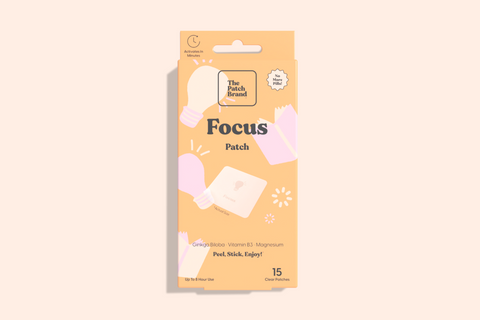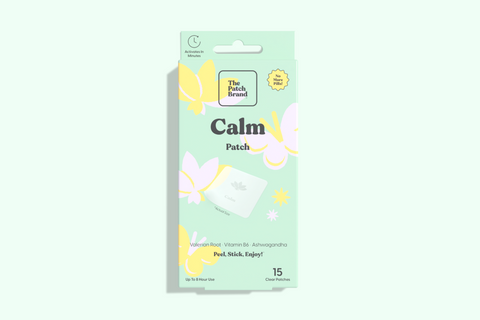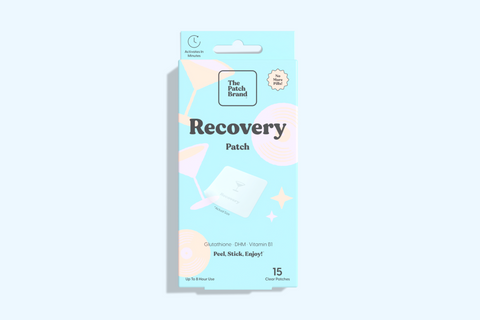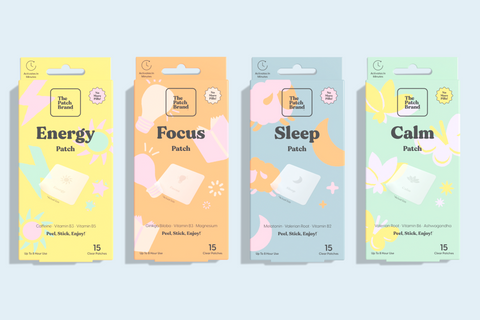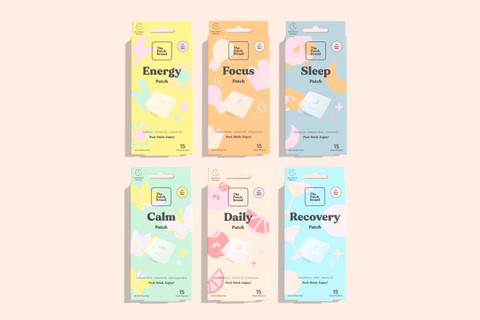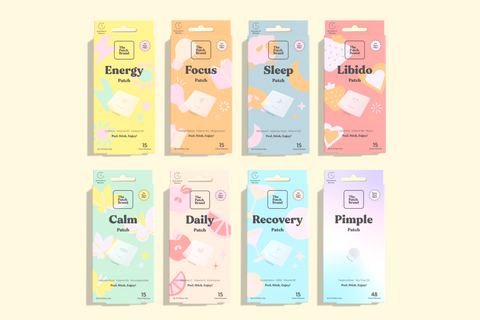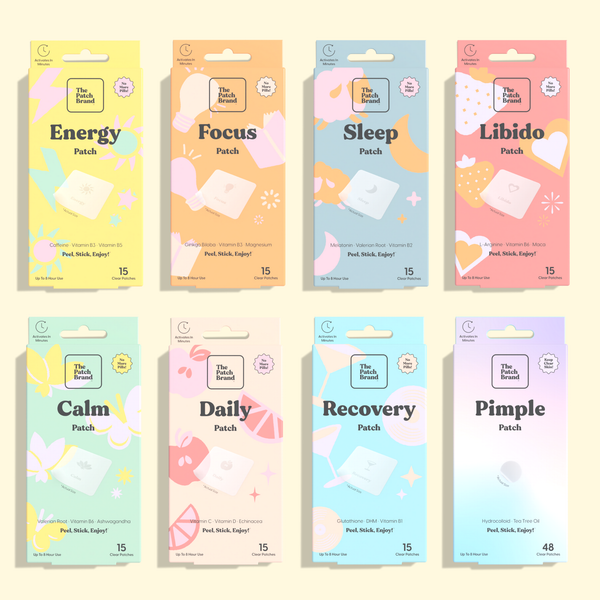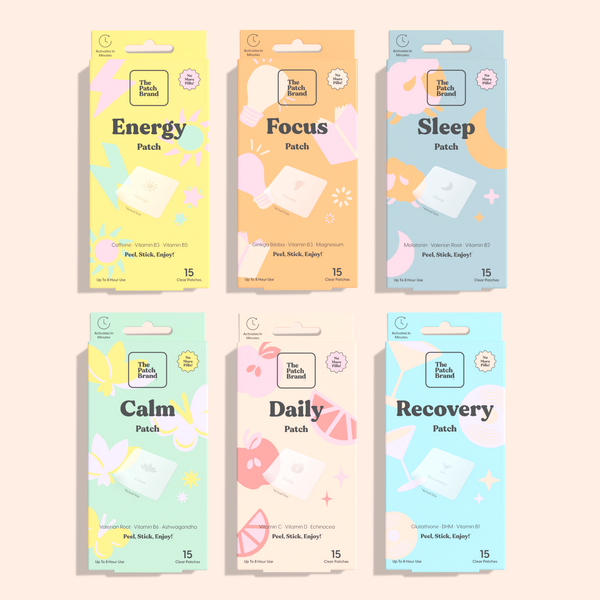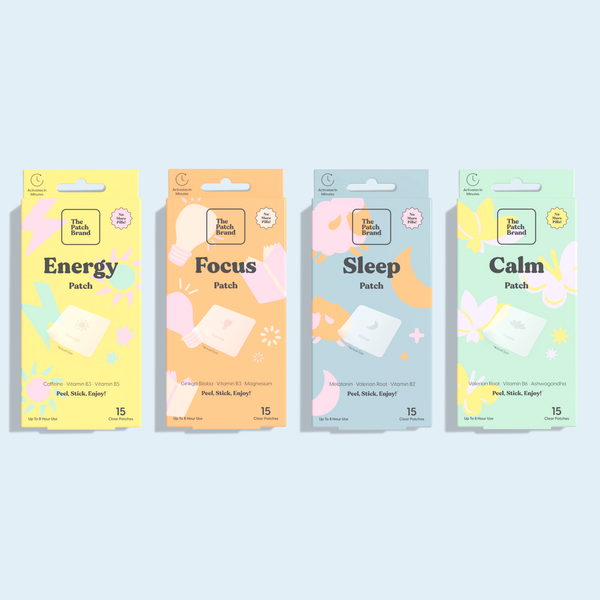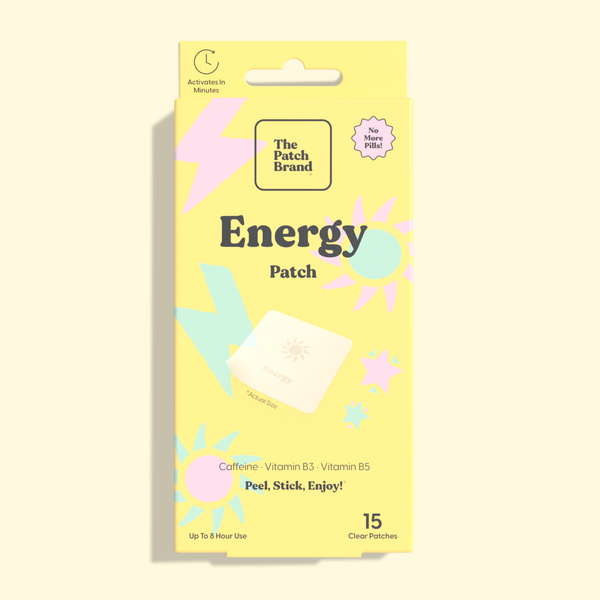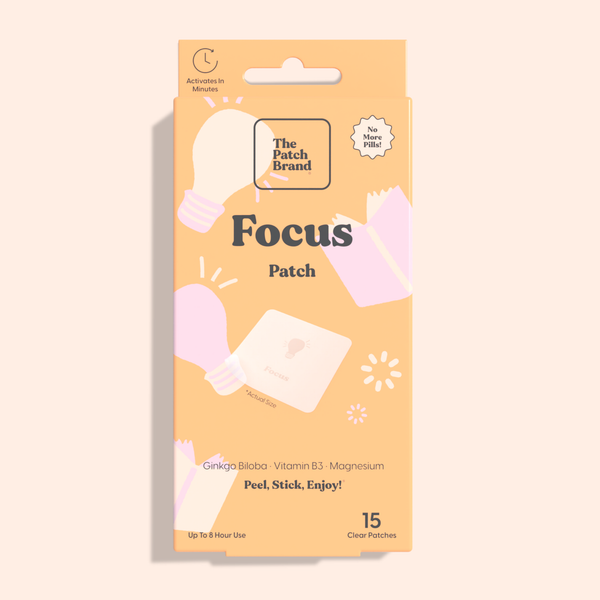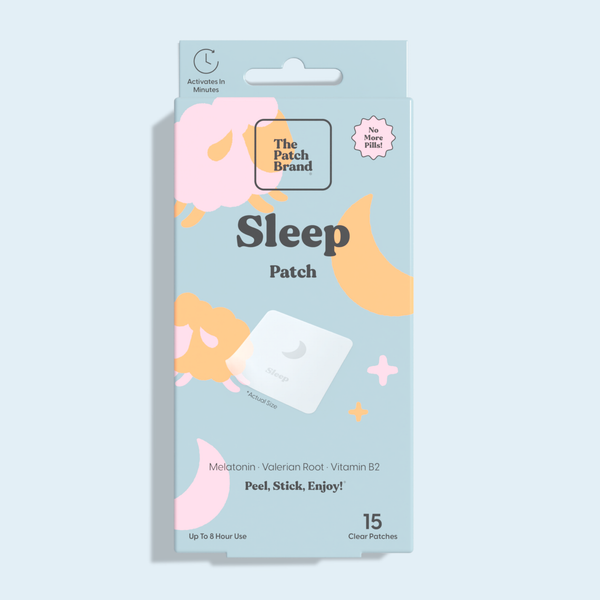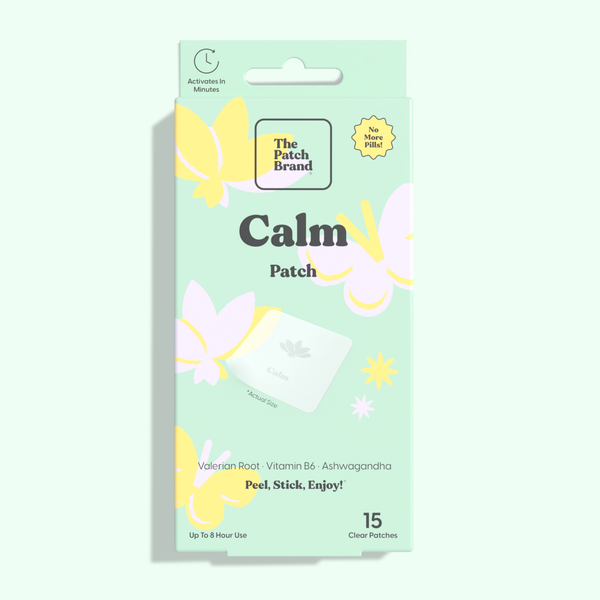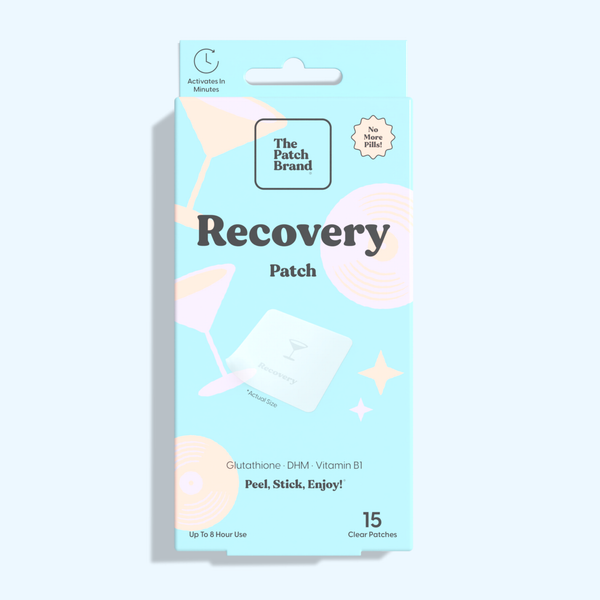Modern life is frequently characterized by long working hours, high stress, and insufficient rest, often resulting in chronic fatigue. A persistent feeling of tiredness or fatigue is more than just feeling sleepy—it's a profound lack of energy that can have a significant impact on your mental health. This article unravels the intricate connection between fatigue and mental health conditions like anxiety and depression.
Defining Fatigue
Before diving into the link between fatigue and mental health, it's essential to get a clear understanding of what fatigue—particularly chronic fatigue—truly means. This section will define fatigue, delve into its common causes, and highlight key symptoms to look out for.
Chronic Fatigue—Beyond the Ordinary
We all experience tiredness after a long day or due to lack of sleep. However, chronic fatigue is a different story. It's relentless exhaustion that doesn't go away with rest, lasts for at least six months, and significantly hampers everyday activities.
Uncovering Causes
Chronic fatigue can be triggered by numerous factors such as poor diet, lack of exercise, sleep disorders, and stressful life circumstances. Many a time, it's also a symptom of medical conditions, including anemia, thyroid problems, and heart diseases.
Spotting the Symptoms
Recognizing chronic fatigue is crucial. Symptoms extend beyond constant tiredness to include unrefreshing sleep, difficulty concentrating, memory issues, and prolonged weariness even after light physical or mental activities.
Linking Fatigue and Mental Health
Fatigue and mental health are intrinsically intertwined, each having a profound effect on the other. In this section, we explore the biological and psychological connections between fatigue and mental health conditions like anxiety and depression, and how they can influence each other.
-
Biological Correlations - The intertwining of fatigue and mental health lies in our biological makeup. Serotonin, a brain chemical responsible for regulating mood, also plays a pivotal role in sleep. A deficit can cause sleep disruptions, leading to exhaustion, which further exacerbates mental health issues.
-
Psychological Connections - Chronic fatigue is not just a physical concern—it has psychological implications. Constant tiredness can make coping with life's challenges daunting, increasing susceptibility to mental health conditions like anxiety and depression.
-
Fatigue Fuelling Anxiety and Depression - Chronic fatigue can trigger a vicious cycle of anxiety and depression. Being persistently tired can increase anxiety levels or deepen depressive symptoms, which in turn can disrupt sleep patterns, intensifying exhaustion.
Fatigue, Mental Health, and Daily Life
Chronic fatigue and mental health conditions have far-reaching impacts on daily life—beyond just feeling perpetually tired or down. Here, we discuss how these conditions can affect your personal and professional life, as well as your physical health.
-
Personal Implications - Chronic fatigue and mental health conditions can make personal life arduous. Activities once enjoyed may seem strenuous, leading to social isolation. Furthermore, constant anxiety or depression can strain relationships, creating feelings of loneliness.
-
Professional Ramifications - At work, chronic fatigue and mental health issues can undermine productivity and focus, dampening performance, and affecting career progression. It might also lead to frequent absences, further escalating work-related stress.
-
Physical Consequences - Physical well-being can also take a hit. Chronic exhaustion often results in decreased immune system function, making one more susceptible to infections. Also, persistent mental health issues can contribute to various physical health problems, such as heart disease and obesity.
Harnessing Sleep and Energy Patches

With an increasing interest in alternatives to conventional sleep aids and energy boosters, sleep and energy patches have emerged as potential aids. This section discusses the functioning of these patches, their potential in alleviating fatigue, and their influence on mental health.
How Do They Work?
Sleep patches and energy patches utilize transdermal delivery to function effectively. When these patches are worn, the body gradually absorbs their ingredients, providing continuous support for sleep and energy levels.
Alleviating Fatigue
The main goal of sleep aid patches is to alleviate chronic fatigue by promoting deep and restorative sleep. These sleep aid patches often contain substances like melatonin, which have been shown to enhance the quality and duration of sleep.
Influencing Mental Health
Not only do sleep patches help with exhaustion, but they also have a profound impact on mental health. By ensuring sufficient sleep and energy levels,
sleep vitamin patches and energy vitamin patches can contribute significantly to improved mental well-being. Adequate sleep and energy levels break the vicious cycle between exhaustion and mental health issues, creating a pathway to better overall mental health.
Utilizing the transdermal delivery system, these patches offer a convenient and effective way to address sleep-related concerns and boost energy levels. They provide a gradual release of ingredients, allowing for a sustained impact on sleep quality and energy levels. This approach offers a promising alternative to traditional methods of sleep improvement and energy enhancement, potentially improving the lives of individuals struggling with fatigue and mental health issues.
Other Treatment Options
While sleep and energy patches can be helpful tools in managing chronic fatigue and mental health conditions, they aren't the only solutions. This segment will touch on other effective coping mechanisms and treatments, including lifestyle modifications, cognitive-behavioral techniques, and seeking medical intervention when needed.
Lifestyle Changes
While
the best sleep patches and energy patches can offer benefits, it is important to complement their use with lifestyle changes. Incorporating regular exercise, maintaining a balanced diet, and adopting stress management techniques are crucial for improving both chronic fatigue and mental health conditions. These lifestyle adjustments provide a holistic approach to overall well-being and can enhance the effectiveness of sleep patches and energy patches.
Cognitive-Behavioral Techniques
In addition to lifestyle changes, cognitive-behavioral techniques can play a significant role in managing exhaustion and mental health. Cognitive-Behavioral Therapy (CBT) has been proven to be highly effective in addressing these issues. CBT aims to identify and modify negative thought patterns, promoting healthier behaviors and emotions. Working with a qualified therapist, individuals can learn valuable coping strategies and develop a more positive mindset, which can contribute to better sleep quality and increased energy levels.
Medical Interventions
If chronic fatigue and mental health conditions persist despite lifestyle changes and self-help techniques, seeking professional medical intervention is crucial. While it is tempting to
buy energy patches and other over-the-counter aids may be tempting, it is essential to consult a healthcare professional before initiating any treatment regimen.
They can provide personalized advice, conduct a thorough evaluation, and recommend appropriate interventions tailored to individual needs. Professional guidance ensures that the chosen approach is safe, effective, and aligned with an individual's specific health requirements.
Proactive Management
Managing exhaustion and mental health conditions is not a passive process—it requires proactive involvement. In this part, we will emphasize the importance of self-care and the significance of seeking professional help when necessary.
Taking Charge of Your Health
Managing chronic fatigue and mental health conditions requires proactive effort. Regular self-care, incorporating relaxing activities into daily routines, and maintaining social connections can work wonders. Remember, there's no shame in needing help or using aids like patches for sleep or energy.
Seeking Professional Help
Don't hesitate to seek help when feeling overwhelmed. Therapists and doctors can provide appropriate treatment, be it by prescribing the best energy patches or offering therapy sessions. It's okay to ask for help, and taking that step is a sign of strength, not weakness.
Understanding the link between exhaustion and mental health is key to taking care of your well-being. Whether you rely on lifestyle changes, patches for energy, or professional help, remember—you're not alone in your journey. Each step taken towards managing your fatigue and mental health is a step towards a healthier, happier you.



